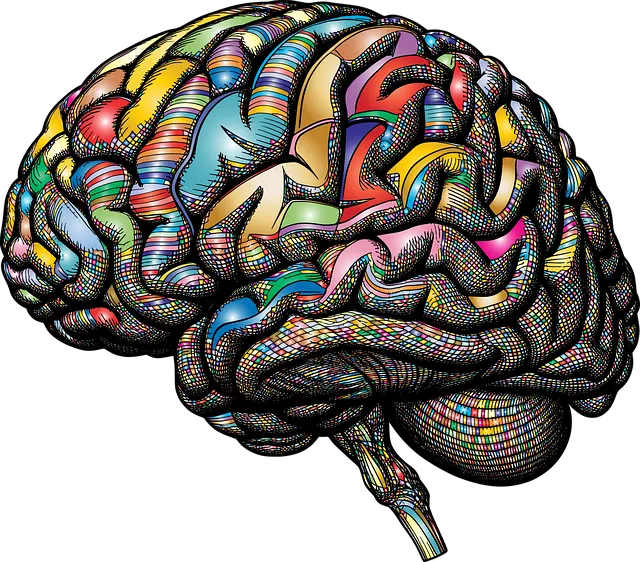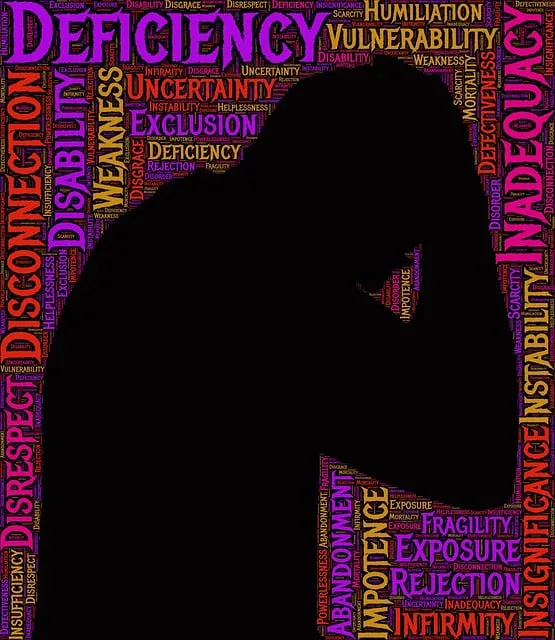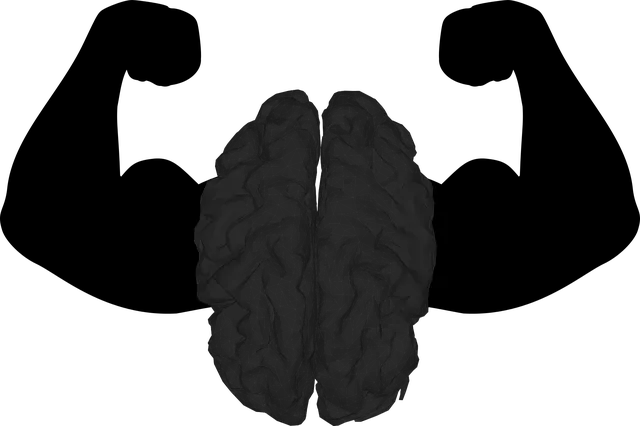Transforming Mental Wellbeing: Self-Care Routines vs Inpatient Facilities
Self-care is a powerful tool for maintaining mental wellbeing, especially in stressful times. Inpati…….
In today’s rapidly evolving healthcare landscape, the focus on mental well-being has intensified, leading to the emergence of various innovative approaches to treatment. One such approach gaining traction is the concept of inpatient mental health services, offering intensive care within specialized facilities. This article delves into a specific aspect of this growing trend: “Littleton does Kaiser have inpatient mental health?” By exploring this question, we embark on a journey to understand the implications, benefits, and challenges associated with providing inpatient mental health care, particularly within the framework of established healthcare providers like Kaiser. This comprehensive analysis aims to equip readers with valuable insights into this critical aspect of modern psychiatry.
Inpatient mental health care refers to the provision of specialized treatment for individuals suffering from severe or acute mental health disorders in a hospital-like setting. This intensive form of therapy offers 24/7 monitoring, individual and group therapy sessions, medication management, and supportive services tailored to meet the unique needs of each patient.
When we ask, “Littleton does Kaiser have inpatient mental health?” we are essentially inquiring about Kaiser Permanente, a well-known healthcare organization, and its implementation of this treatment model within its facilities. Kaiser has been at the forefront of integrating comprehensive mental health services into its primary care model, including the provision of inpatient care when deemed necessary by qualified healthcare professionals.
The evolution of inpatient mental health care can be traced back to the late 19th century when asylums provided the primary setting for treating the severely mentally ill. Over time, there was a movement towards deinstitutionalization, shifting mental health care towards community-based outpatient services. However, recent research and clinical evidence have highlighted the benefits of specialized inpatient facilities, especially for complex cases.
The significance of this approach lies in its ability to deliver intensive, personalized treatment, which is crucial for individuals experiencing severe depression, anxiety disorders, psychotic episodes, or other acute mental health crises. By offering around-the-clock care, Kaiser’s inpatient mental health program aims to stabilize patients, prevent adverse outcomes, and facilitate their transition to outpatient care.
Littleton does Kaiser have inpatient mental health as a strategic move to address the growing demand for specialized psychiatric services. According to a report by the World Health Organization (WHO), mental disorders are among the leading causes of disability globally, emphasizing the urgent need for effective treatment options. Inpatient care is particularly valuable in regions with limited access to outpatient services or where complex cases require more intensive intervention.
The concept of inpatient mental health care has gained international recognition, leading to varied implementations worldwide. Countries like the United Kingdom, Australia, and several European nations have successfully integrated specialized inpatient facilities into their healthcare systems. These models often serve as benchmarks for other regions, including the United States, as they strive to enhance their mental health care offerings.
Different regions face distinct challenges in implementing inpatient mental health services:
| Region | Challenges | Strategies |
|---|---|---|
| North America | Limited availability of specialized facilities and high costs | Expanding partnerships between hospitals and community mental health organizations |
| Europe | Aging population with increased mental health needs | Implementing community-based interventions and integrating digital health solutions |
| Asia | Cultural stigma associated with mental illness | Raising awareness through public campaigns and promoting integrated healthcare systems |
The inpatient mental health market is experiencing significant growth, driven by factors such as increasing mental health awareness, rising healthcare expenditures, and the need for specialized care. According to a report by Grand View Research, the global inpatient psychiatric care market size was valued at USD 274.5 billion in 2021 and is expected to grow at a compound annual growth rate (CAGR) of 6.8% from 2022 to 2030.
Healthcare investors are increasingly recognizing the potential of inpatient mental health facilities as a lucrative opportunity. Private equity firms and venture capital investors have been allocating substantial funds to support the development and expansion of specialized psychiatric hospitals, reflecting market confidence in this sector’s growth prospects.
Inpatient mental health services contribute to economic systems by:
Technology plays a pivotal role in shaping the future of inpatient mental health care:
Technological advancements offer several benefits:
The development and regulation of inpatient mental health services are governed by various policies and legislative acts:
These policies create a framework for:
Despite its potential benefits, inpatient mental health care faces several challenges:
Addressing these issues requires a multi-faceted approach:
Setting: A major urban center with a diverse population.
Challenges: Managing a high volume of patients with varying mental health needs, including co-occurring disorders.
Approach: Kaiser implemented an inpatient program within its existing hospital facility, offering multidisciplinary care. The program emphasizes:
Location: A rural town with limited mental health resources.
Strategy: Local healthcare providers collaborated to establish a community-integrated inpatient facility, ensuring easy access for surrounding communities.
Key Features:
Setting: A metropolitan area with a tech-savvy population.
Approach: A major hospital introduced digital tools to enhance inpatient mental health care, focusing on:
The future of Littleton does Kaiser have inpatient mental health holds promising possibilities:
| Trend | Description |
|---|---|
| Telemental Health: Remote delivery of mental health services is expected to grow, particularly in rural or underserved areas. | |
| Mobile-First Approach: Mental health apps and mobile technologies will become more sophisticated, offering accessible interventions. | |
| Data Analytics: Advanced analytics will enable predictive modeling and personalized treatment recommendations. | |
| Collaborative Care Models: Integrated teams of primary care providers and mental health specialists will improve access and continuity of care. |
To capitalize on these trends, healthcare organizations should:
“Littleton does Kaiser have inpatient mental health?” is a question that delves into the critical aspect of modern psychiatry, highlighting its potential to transform lives and communities. This comprehensive examination reveals the multifaceted nature of this approach, from its historical roots to global trends and technological advancements. The article has underscored the significance of specialized inpatient care in addressing complex mental health needs, while also acknowledging the challenges that must be overcome.
By exploring case studies and envisioning future prospects, we gain insights into the successful integration of inpatient mental health services within established healthcare systems. Kaiser’s role in this evolution underscores its commitment to delivering high-quality care. As the field continues to advance, ongoing research, policy support, and community engagement will be essential to ensure that these services meet the diverse needs of individuals across different regions and demographics.
Q: What is the primary goal of inpatient mental health care?
A: The primary objective is to provide intensive, specialized treatment for severe or acute mental health disorders, focusing on stabilization and symptom management.
Q: Who benefits from inpatient mental health services?
A: Individuals with conditions like severe depression, anxiety disorders, psychotic episodes, substance use disorders, or those experiencing a crisis all benefit from this care.
Q: How does technology enhance inpatient mental health care?
A: Technology improves access through telehealth, offers personalized interventions, enables remote monitoring, and streamlines administrative tasks, ultimately enhancing overall care delivery.
Q: What are the potential challenges in implementing inpatient mental health services?
A: Challenges include limited availability of facilities, financial barriers to treatment, stigma associated with mental illness, staffing shortages, and ensuring patient confidentiality.
Q: Why is community integration important for inpatient mental health programs?
A: Community integration ensures continued support after discharge, reduces the risk of relapse, and facilitates reintegration into society, leading to improved long-term outcomes.

Self-care is a powerful tool for maintaining mental wellbeing, especially in stressful times. Inpati…….

Risk assessment is vital for healthcare institutions, especially those with inpatient mental health…….

Cultural competency is vital in healthcare, especially for inpatient mental health services at facil…….

Coping Skills Development is a vital process for fostering mental well-being, offering individuals t…….

Mindfulness meditation, backed by scientific research, is a powerful tool for improving mental well-…….